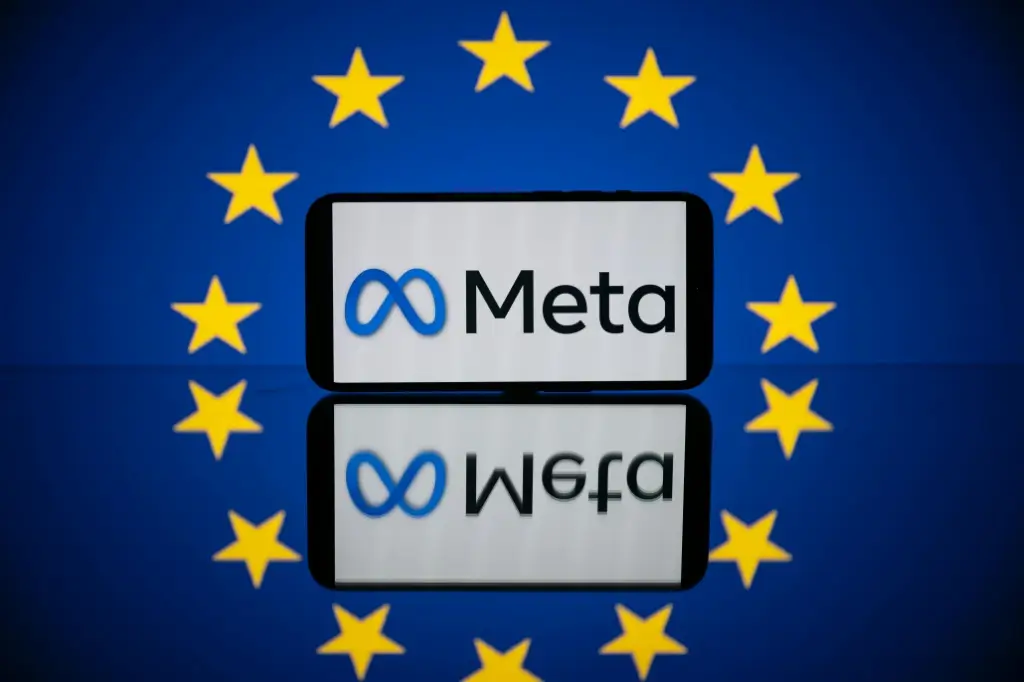
In a major shift that could impact digital campaigning across Europe, Meta has announced it will ban all political, electoral, and social issue advertising on its platforms in the European Union starting October 2025. The decision comes as a response to the bloc’s incoming Transparency and Targeting of Political Advertising (TTPA) regulation, which Meta has labeled “unworkable.”
The tech giant, which owns Facebook, Instagram, and WhatsApp, cited legal uncertainty and operational complexity as the driving forces behind the move. “Unfortunately, the TTPA introduces significant, additional obligations to our processes and systems that create an untenable level of complexity and legal uncertainty for advertisers and platforms operating in the EU,” the company said in a statement.
Meta’s decision follows a similar announcement by Google in 2024, which also plans to halt political ads in the EU due to the challenges posed by the new regulation. Both companies argue that the laws, while intended to increase transparency in the wake of past scandals like Cambridge Analytica, place an unrealistic burden on digital platforms.
The EU introduced the TTPA to prevent the misuse of personal data in political advertising, an issue that came to the forefront during the 2016 US presidential election and the Brexit referendum. The law aims to boost accountability in digital political messaging by requiring clearer disclosures about who funds ads and how audiences are targeted.
Meta CEO Mark Zuckerberg has been openly critical of the EU’s regulatory approach. Earlier this year, he accused Brussels of censorship and equated the bloc's repeated fines to economic tariffs. In April, Meta was hit with a €200 million fine for violating EU data privacy rules and could face further penalties under the Digital Services Act if it fails to comply.
While WhatsApp remains largely ad-free, it too is expected to be affected as Meta begins rolling out new ad features across its services. With these new regulations looming, the digital advertising landscape in Europe is undergoing significant change. As platforms exit the political ad space, parties and advocacy groups may need to rethink how they reach voters online.